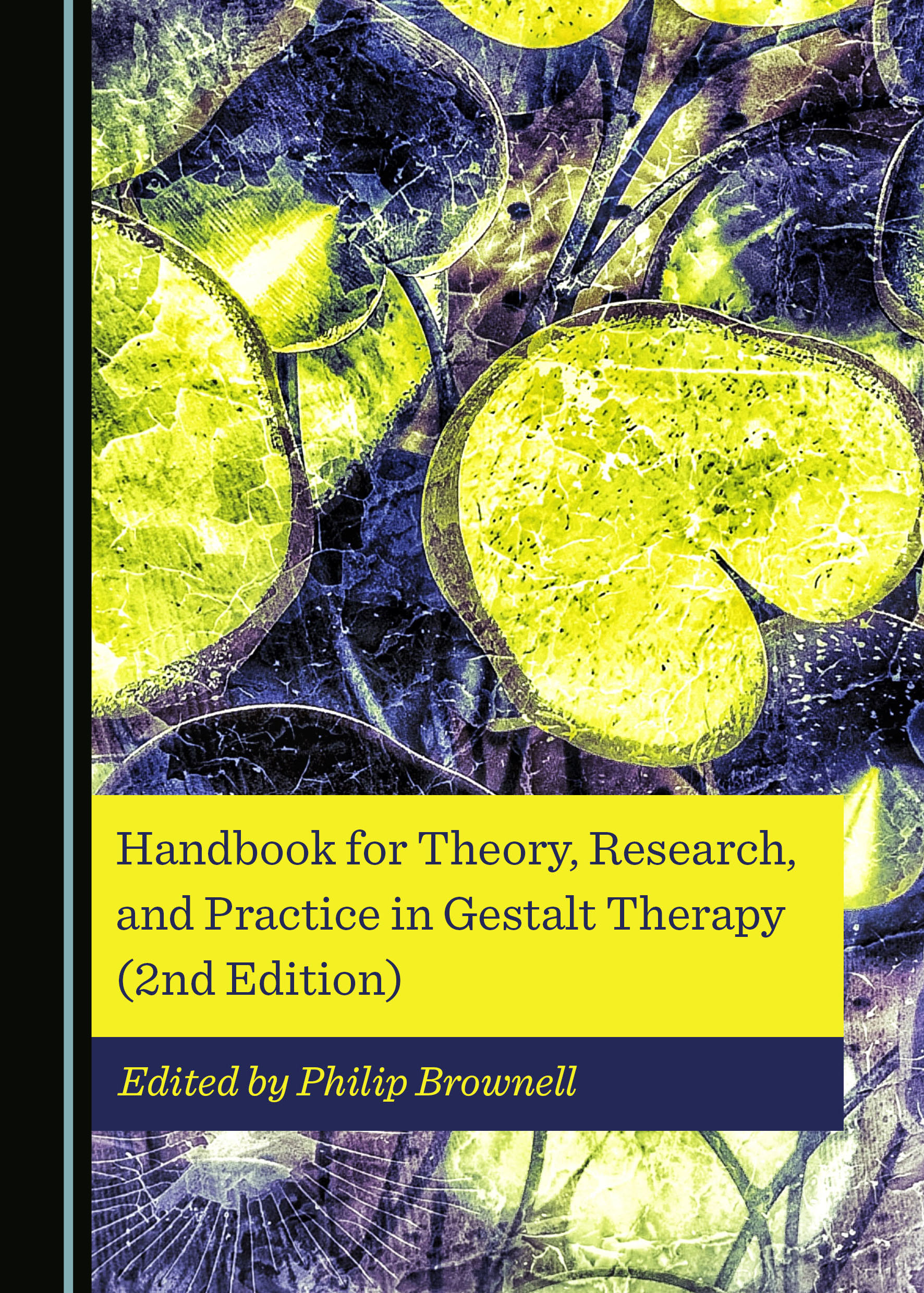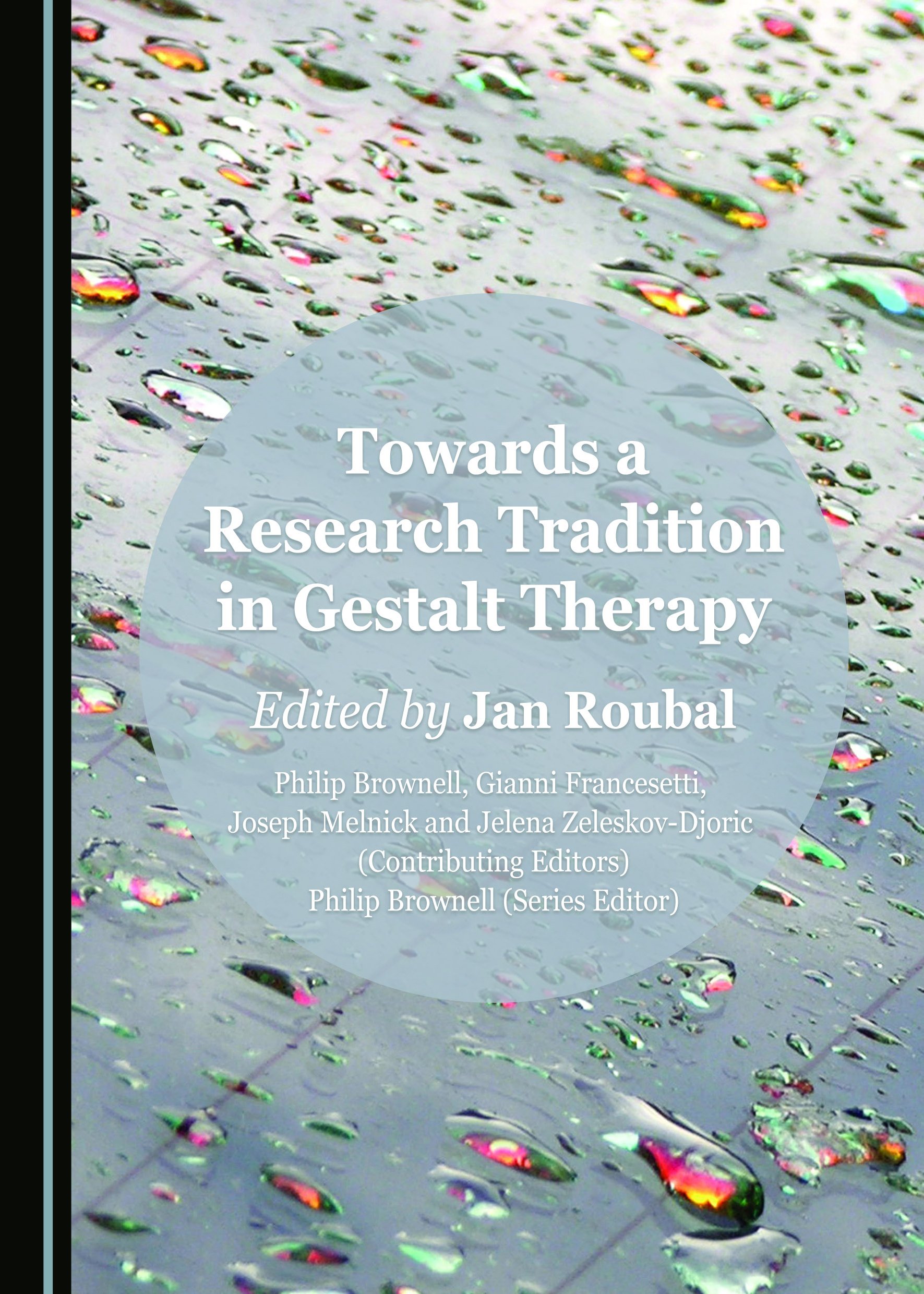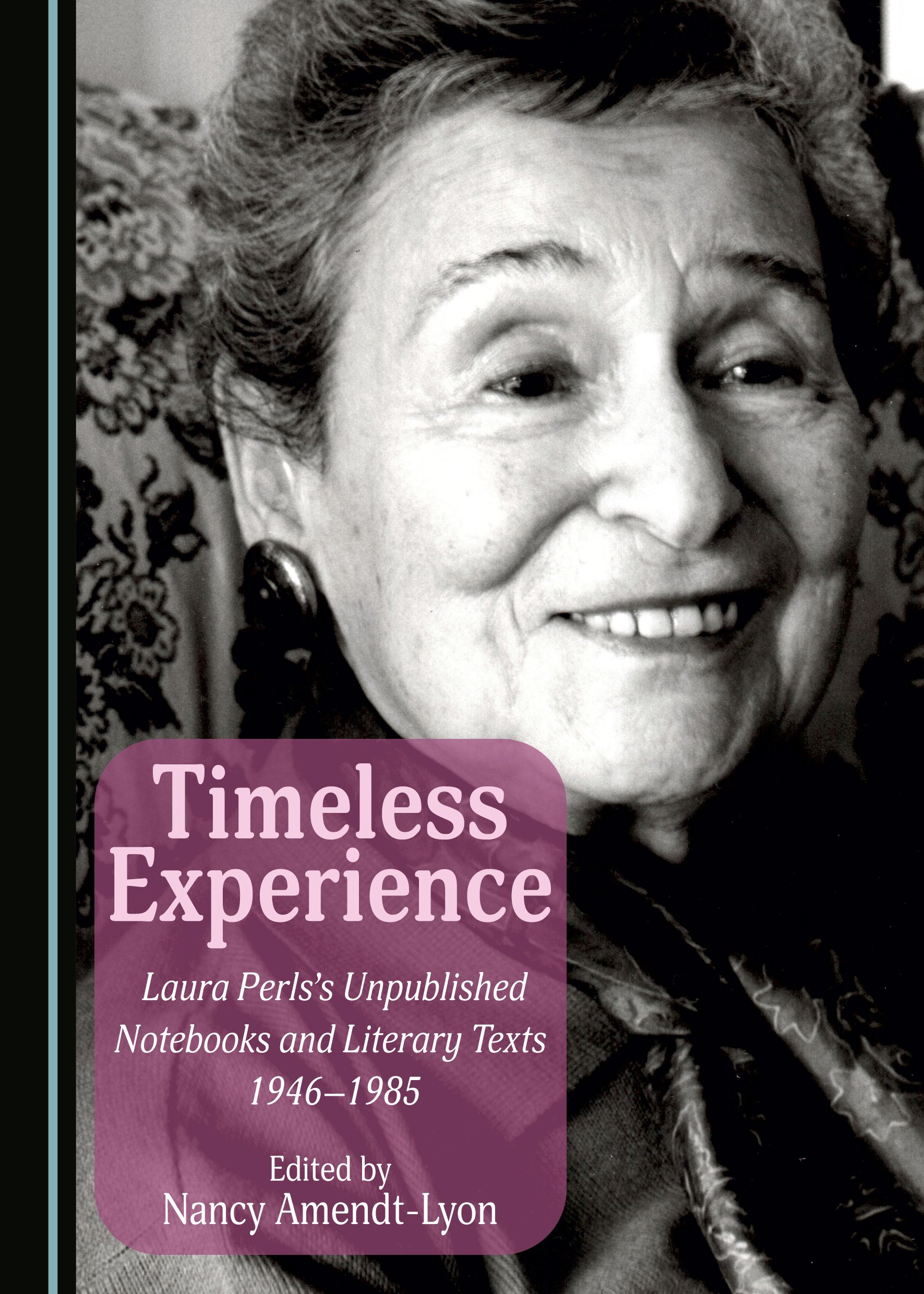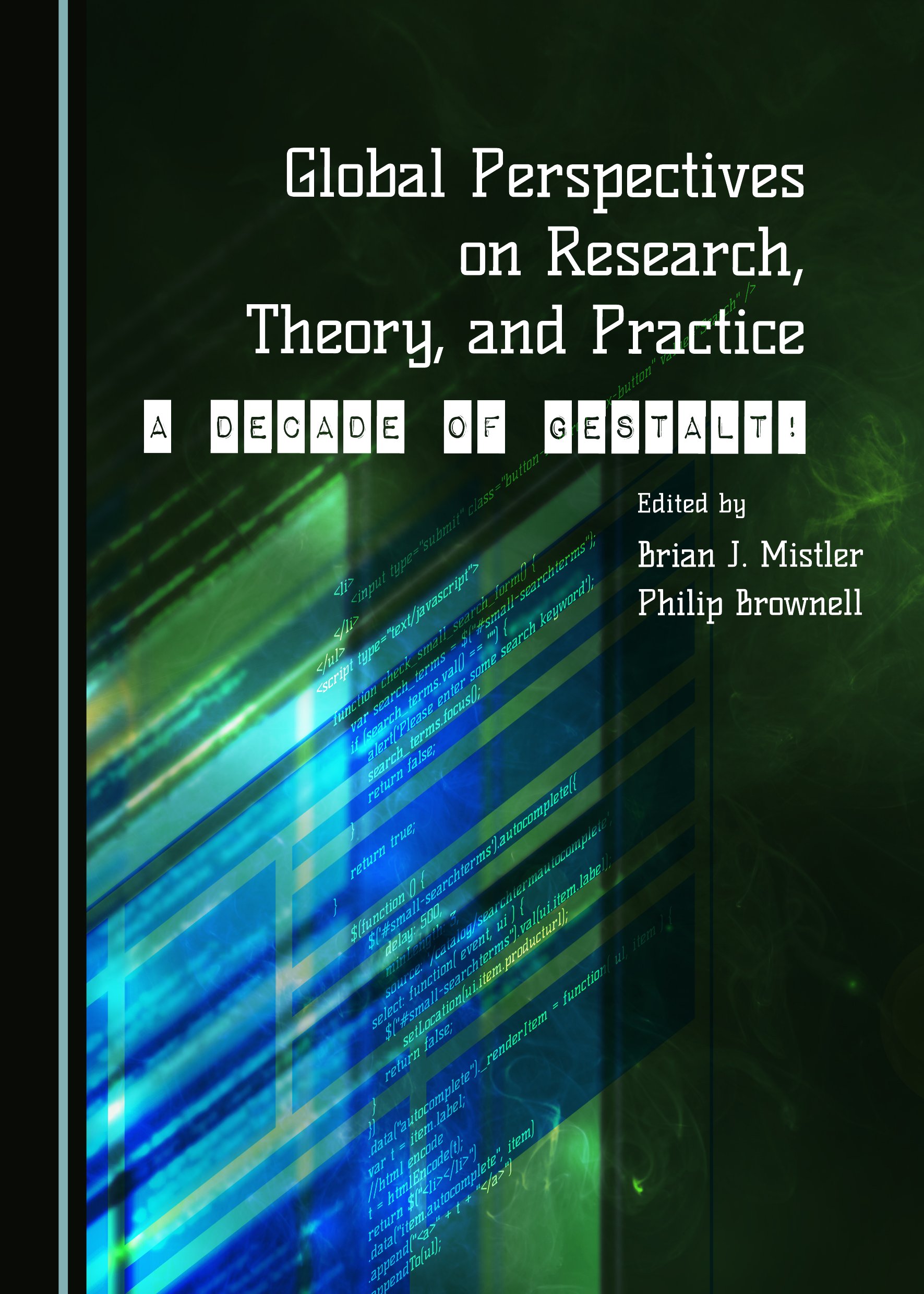The World of Contemporary Gestalt Therapy
Contemporary gestalt therapy has evolved from the classic model commonly attributed to Frederick and Laura Perls, Paul Goodman, and Isadore From. Gestalt therapy began in the middle of the 20th century as a revision of psychoanalysis, based in the founders’ integration of theories from various sources in philosophy and science. Although associated with humanistic psychology, it was one of the first examples of integrative psychotherapy, specifically theoretical integration. This integrated therapeutic approach has since come of age as gestalt therapists have developed its theory and practice and applied it to diverse situations. Contemporary gestalt therapy does not resemble what Fritz Perls did with “Gloria” in the middle of the last century in the now infamous video supposedly depicting gestalt therapy, and a great deal of theory development has been accomplished in the evolution of gestalt therapy since then through the writing of its theorists and practitioners.
This series of books is dedicated to making the field of contemporary gestalt therapy known and understood. It describes theory, research, practice, and the various communities of gestalt thinkers, psychotherapists, organizational consultants, and coaches in the world of contemporary gestalt therapy. It presents the thinking of leading scholars and gestalt practitioners. It provides a snapshot of the evolution of what is a vibrant, evidence-based, and still developing approach to working with human beings and their growth.
The series editor is Philip Brownell, MDiv, PsyD., who was exposed to gestalt therapy in 1968 and has been active in the global community of contemporary gestalt therapy for over twenty years. He is a trained gestalt therapist, certified by the European Association for Gestalt Therapy, a member of the New York Institute for Gestalt Therapy, and the author of several books and chapters. He has a private practice in Bermuda (www.drphilipbrownell.com).
Philip Brownell, M.Div., Psy.D. is the Director of the Gestalt Training Institute of Bermuda. He is a registered psychologist, organizational consultant, and coach in practice in Bermuda and a licensed clinical psychologist in Oregon and North Carolina, USA. He is the author of Gestalt Therapy: A Guidebook for Mental Health Professionals, consulting editor for The European Journal for Qualitative Research in Psychotherapy and has contributed to numerous books and journals in Australia, the UK, and the USA. He is the founder and facilitator of Gstalt-L, an eCommunity started in 1996 for gestalt therapists, trainers, trainees, theorists, and writers, and he serves on the Board of Directors of the Association for the Advancement of Gestalt Therapy, an international community.















